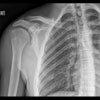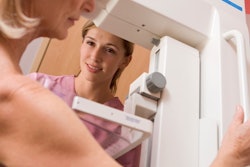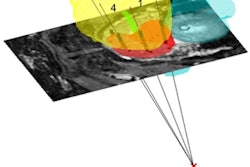Dear Imaging Informatics Insider,
The ransomware attack on 12 May hit a number of U.K. public hospitals hard, and even caused some radiology departments to lose access to imaging modalities and PACS workstations.
At one of the Hampshire Hospitals National Health Service (NHS) Foundation Trust's main sites, for example, three CT scanners, two MRI systems, and all but one of the digital x-ray systems were taken down. Four PACS workstations were also affected.
While some hospitals were less affected than others by the WannaCry ransomware attack, the whole episode highlights the need to install software updates and remove antiquated operating systems, according to our report by Contributing Editor Frances Rylands-Monk and Editor-in-Chief Philip Ward.
Computers running Windows XP -- which Microsoft discontinued support for in 2014 -- were the most vulnerable to the attack. Perhaps not surprisingly, one hospital that completed a massive upgrade in 2015 was unaffected by the ransomware. Click here to access our coverage and learn how some U.K. radiologists are coping in the aftermath of the attack.
You can also get more details on the NHS response to the cyberattacks by clicking here.
In the wake of the attack, countries around the world are naturally seeking to improve cybersecurity. In Belgium, for example, the government has unveiled a countrywide action plan for cybersecurity. Click here to learn more about the plan -- and how the WannaCry ransomware attack affected Belgium.
Unexpected significant and/or urgent imaging findings can be challenging for radiology departments to handle, and the consequences of a communication failure can be fatal. After a patient at a Japanese hospital died due to an oversight by a referring physician, the institution's radiology department implemented a PACS alert system for these types of imaging results. It's already improving communication between radiologists and referring physicians, according to our report by Editor-in-Chief Philip Ward.
While the rapid development of artificial intelligence (AI) has elicited fear that radiologists may soon find themselves out of a job, our columnist Dr. Neelam Dugar believes that AI will make radiologists better and smarter diagnosticians. Learn why and what radiologists can do to prepare for AI, by clicking here.
Information and communication technology will have a major role to play in the future of radiology, and radiologists need to be heavily involved to determine their future role in the imaging process, according to Dr. Hildo Lamb of the Radiological Society of the Netherlands. Click here to learn how the technology fits into the society's vision for the future of Dutch radiologists.
If you have any tips or suggestions for topics you'd like to see covered in the Imaging Informatics Community, please feel free to drop me a line.



















